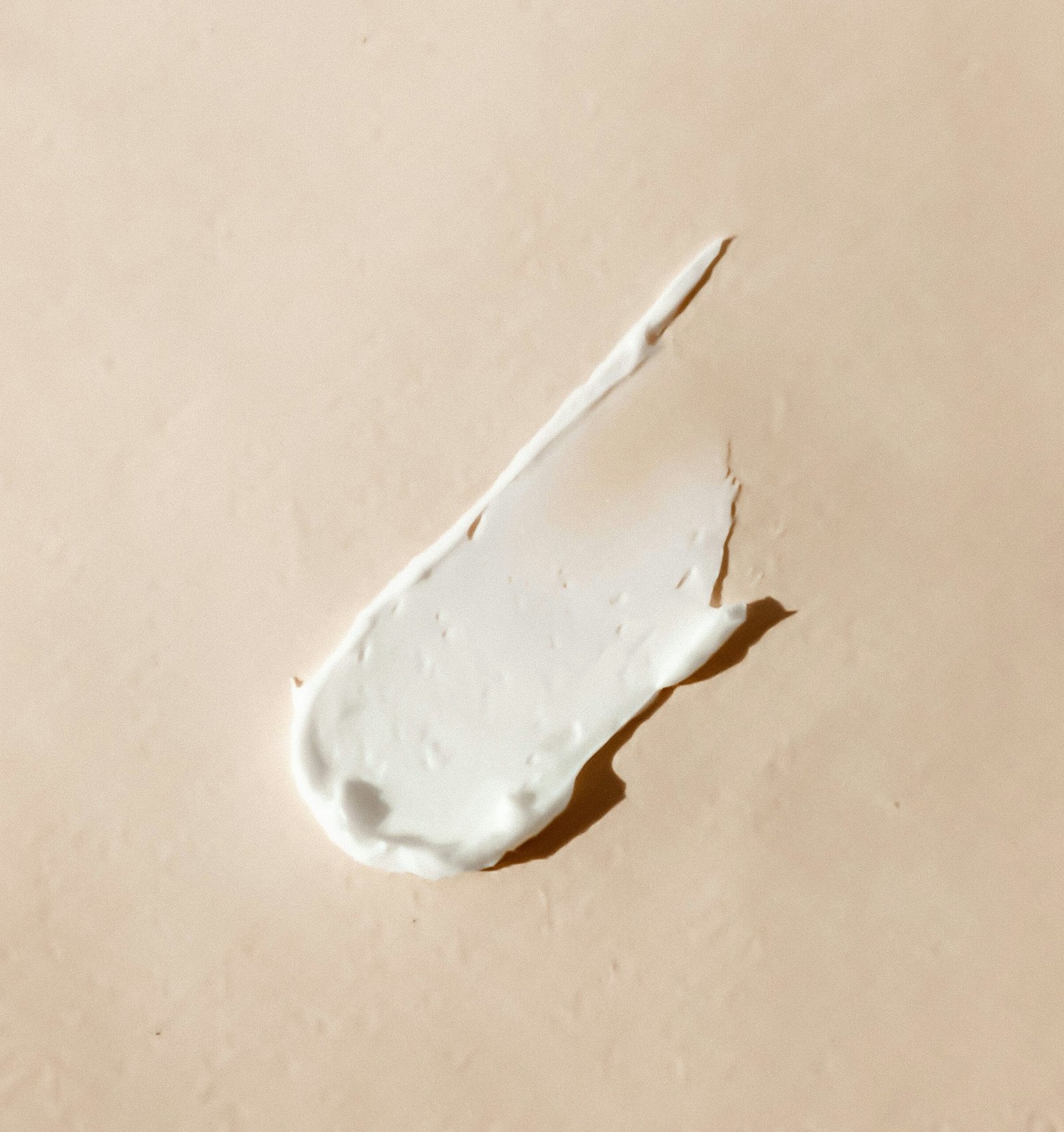
One of the earliest recorded instances of skin care can be traced back to ancient Egypt, where both men and women used a variety of natural ingredients to enhance their beauty. The Egyptians were known for their meticulous grooming habits and believed that a flawless complexion was a sign of wealth and social status. They used ingredients such as honey, milk, and various oils to moisturize and nourish their skin.
As civilizations advanced, so did the techniques and ingredients used in skin care. In ancient Greece, for example, olive oil was highly prized for its moisturizing properties, and women would rub it onto their skin to keep it soft and supple. The Romans, on the other hand, were known for their love of baths and would often soak in scented oils to cleanse and rejuvenate their skin.
Fast forward to the Middle Ages, and the focus on skin care shifted to more medicinal purposes. With the rise of alchemy and herbal medicine, people began to experiment with different plant extracts and concoctions to treat various skin conditions. For example, rose water was used to soothe irritated skin, while lavender oil was believed to have antiseptic properties.
It wasn’t until the 19th century that the modern beauty industry as we know it today began to take shape. Advances in science and technology allowed for the development of new ingredients and formulations that could target specific skin concerns. The Industrial Revolution also played a significant role in the mass production and distribution of skin care products, making them more accessible to the general public.
In the early 20th century, the focus shifted to a more scientific approach to skin care. Dermatologists and cosmetic chemists began studying the structure and function of the skin, leading to the development of products that were not only luxurious but also effective. Ingredients like retinol, hyaluronic acid, and alpha hydroxy acids became popular for their anti-aging and skin-rejuvenating properties.
Today, the skin care industry is booming, with countless brands and products catering to a wide range of skin types and concerns. From serums and moisturizers to masks and exfoliants, there is a product for every need and preference. With advancements in technology, we can now find innovative ingredients like peptides, stem cells, and antioxidants that promise to deliver even better results.
As we continue to prioritize self-care and embrace a more holistic approach to beauty, it’s safe to say that the evolution of skin care is far from over. With ongoing research and development, we can expect to see even more groundbreaking innovations in the years to come.
As time went on, other ancient civilizations discovered their own unique skincare ingredients. In India, Ayurveda, the traditional system of medicine, played a significant role in skincare. Ayurvedic texts dating back thousands of years mention the use of ingredients such as turmeric, sandalwood, and aloe vera for their healing and rejuvenating properties.
In China, traditional Chinese medicine emphasized the balance of yin and yang energies in the body, including the skin. Chinese herbal medicine incorporated ingredients like ginseng, green tea, and pearl powder into skincare routines to promote youthful and radiant skin.
Native American tribes also had their own skincare rituals. The use of natural ingredients like cornmeal, clay, and wild berries was common among tribes such as the Cherokee, Navajo, and Apache. These ingredients were used to exfoliate, cleanse, and moisturize the skin, and were often combined with spiritual practices to promote overall well-being.
Throughout history, these ancient skincare ingredients and remedies were passed down through generations, forming the basis for many modern skincare products. Today, the beauty industry continues to draw inspiration from these ancient practices, incorporating natural and plant-based ingredients into products that cater to a wide range of skin concerns.
From the use of honey and olive oil in ancient Egypt and Greece to the holistic approach of Ayurveda and traditional Chinese medicine, the power of natural ingredients in skincare has stood the test of time. As we continue to explore and understand the benefits of these ancient remedies, we can appreciate the wisdom of our ancestors and embrace a more natural and holistic approach to skincare.
With the increasing awareness of the potential harm that certain chemicals could cause to the skin, the demand for natural and organic skincare products skyrocketed. This led to a surge in the popularity of botanical extracts, essential oils, and plant-based ingredients in skincare formulations.
Companies began to emphasize the use of natural ingredients in their marketing campaigns, highlighting the benefits of plant-based skincare. Consumers were drawn to the idea of using products that were derived from nature, believing that they would be gentler on their skin and provide more long-term benefits.
As the demand for natural skincare products grew, so did the number of brands entering the market. This created a competitive landscape where companies had to differentiate themselves by offering unique formulations and innovative ingredients.
Today, the skincare industry continues to evolve and innovate. With advancements in technology and a deeper understanding of the skin’s biology, skincare products have become more targeted and specialized. There are now products specifically formulated for different skin types, concerns, and age groups.
In addition to traditional creams and lotions, the market is now flooded with serums, essences, masks, and other specialized treatments. These products often contain high concentrations of active ingredients, promising to deliver visible results in a shorter amount of time.
The rise of social media and influencer culture has also had a significant impact on the skincare industry. Beauty bloggers and skincare enthusiasts share their skincare routines and product recommendations, influencing consumer purchasing decisions.
Furthermore, the growing interest in sustainability and eco-consciousness has led to the development of more environmentally friendly skincare options. Brands are now focusing on reducing packaging waste, using recyclable materials, and sourcing ingredients responsibly.
In conclusion, the birth of modern skincare in the early 20th century marked the beginning of a new era in beauty. From the introduction of cold cream to the rise of natural and organic skincare, the industry has continuously evolved to meet the changing needs and desires of consumers. With ongoing advancements and a focus on innovation, the future of skincare looks bright and promising.
Moreover, the rise of scientific advancements in skin care has also led to the development of innovative treatments for various skin conditions. One notable example is the use of lasers in dermatology. Laser technology has revolutionized the way skin conditions such as acne scars, hyperpigmentation, and even tattoo removal are treated.
Laser treatments work by delivering concentrated beams of light to the targeted area of the skin, stimulating collagen production and promoting skin rejuvenation. This non-invasive procedure has gained popularity due to its effectiveness and minimal downtime compared to traditional surgical methods.
In addition to lasers, the field of genetics has also played a significant role in advancing skin care. Scientists have discovered specific genes associated with various skin conditions, such as psoriasis and eczema. This knowledge has paved the way for personalized treatments that target the underlying genetic factors contributing to these conditions.
Furthermore, the advent of genomics has allowed researchers to study the human genome and identify genetic variations that may impact skin health and aging. This understanding has led to the development of gene-based therapies and personalized skincare regimens tailored to an individual’s unique genetic makeup.
Additionally, advancements in biotechnology have opened up new possibilities in skin care. For instance, the use of stem cells in skincare has gained attention for its regenerative properties. Stem cells have the ability to differentiate into various cell types, including skin cells, and can help repair damaged tissue and promote youthful-looking skin.
Furthermore, the field of nanotechnology has expanded beyond just delivery systems. Scientists are now exploring the use of nanoparticles in skincare products to enhance their efficacy. These tiny particles can encapsulate active ingredients, allowing for controlled release and targeted delivery to specific areas of the skin.
In conclusion, the rise of scientific advancements in skin care has revolutionized the industry, leading to the development of targeted treatments, innovative procedures, and personalized regimens. With ongoing research and technological advancements, the future of skincare holds even more exciting possibilities for achieving healthier, more radiant skin.
The Future of Skin Care
As technology continues to advance, the future of skin care looks promising. Researchers are constantly exploring new ingredients and formulations to address a wide range of skin concerns.
One area of focus is personalized skin care. With the advent of DNA testing and artificial intelligence, it is now possible to analyze an individual’s unique genetic makeup and create customized skincare regimens tailored to their specific needs. This personalized approach ensures that each person receives the most effective products for their skin.
Another emerging trend in skin care is the use of natural and sustainable ingredients. Consumers are becoming more conscious of the environmental impact of their beauty products and are seeking out brands that prioritize sustainability. This has led to the development of eco-friendly packaging, as well as the use of plant-based and cruelty-free ingredients.
Additionally, the integration of technology into skincare devices is gaining popularity. Devices such as facial cleansing brushes, LED light therapy masks, and microcurrent devices offer at-home treatments that were once only available in professional settings. These devices provide a convenient and effective way to enhance the results of skincare products.
Looking ahead, researchers are also exploring the potential of nanotechnology in skin care. Nanotechnology involves manipulating materials at the nanoscale, allowing for greater control over the delivery of active ingredients. This could lead to the development of more targeted and efficient skincare products that penetrate deeper into the skin.
Furthermore, the future of skin care may also involve advancements in the field of biotechnology. Scientists are studying the potential of using stem cells and gene therapy to rejuvenate and repair damaged skin. These innovative approaches have the potential to revolutionize the way we treat aging and other skin conditions.
In conclusion, the future of skin care holds great promise. With advancements in personalized skincare, natural and sustainable ingredients, technology-driven devices, nanotechnology, and biotechnology, consumers can expect to see more effective and tailored solutions for their skin concerns. As researchers continue to push the boundaries of innovation, the possibilities for the future of skin care are endless.






